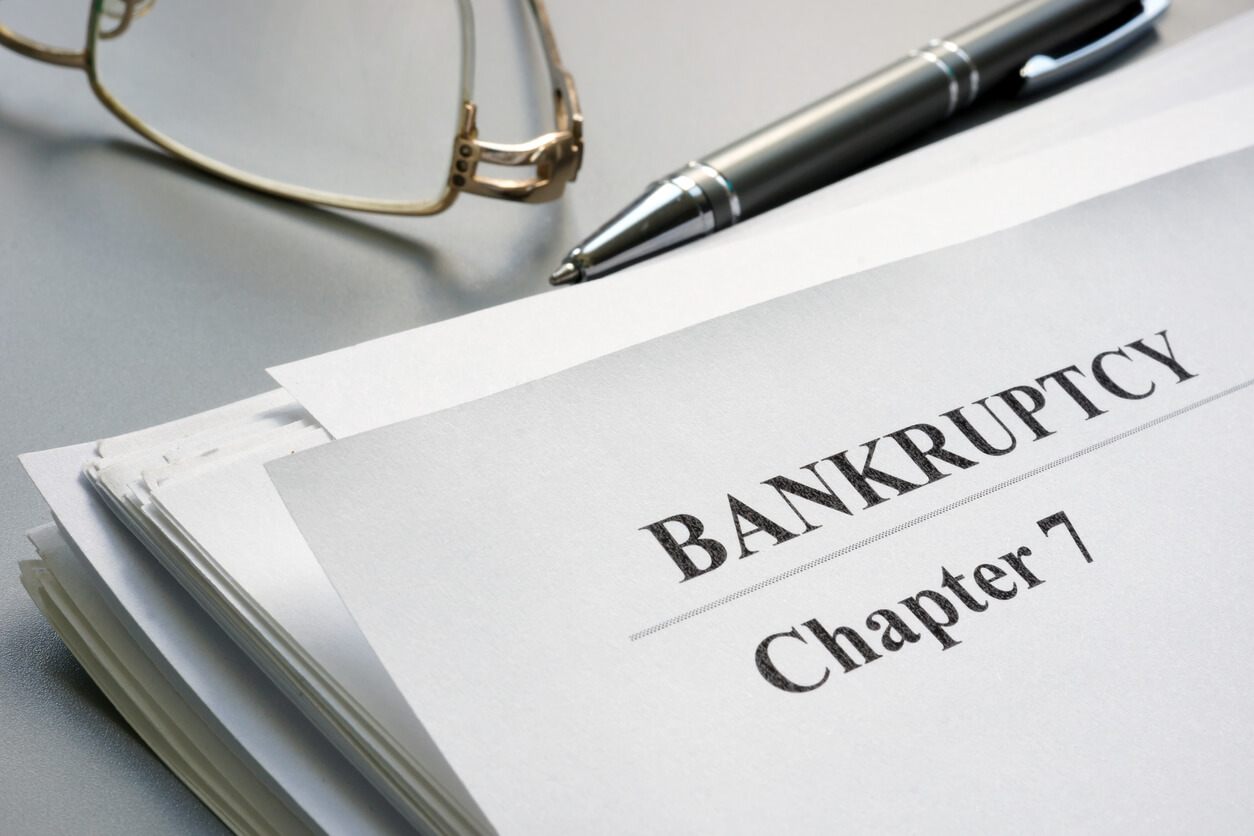Chapter 7 bankruptcy offers a fresh start to those that are struggling financially. Bills start piling up and treading the financial waters may become quickly unsustainable. With Chapter 7 bankruptcy, your non-exempt property is sold off by a bankruptcy trustee to satisfy outstanding creditor obligations. In reality, however, many who file Chapter 7 bankruptcy end up not needing to lose any assets because California bankruptcy exemptions protect all of their property from sales. At the end of Chapter 7 bankruptcy, almost all unsecured debt is wiped out, or “discharged.” This is a huge benefit. That is why there are certain qualifications that must be met before someone is deemed eligible for Chapter 7 bankruptcy.
Qualifying for Chapter 7 Bankruptcy
Chapter 7 results in the discharge or “clearing out” of most unsecured debts which really allows for a debtor to make a fresh financial start. In order to prevent abuse of Chapter 7 bankruptcy, eligibility requirements are enforced on potential Chapter 7 bankruptcy filers. The biggest qualification for this form of bankruptcy is income level.
To qualify for Chapter 7 bankruptcy in California, you must compare your household income to the median household income in California. If you earn less than the median income in California for a household of comparable size, then you qualify for Chapter 7 bankruptcy. If you earn more than the median income in California for a household of comparable size, then you do not automatically qualify for Chapter 7 bankruptcy but are not automatically excluded from being qualified. Instead, you must pass the “means test” in order to qualify for Chapter 7 bankruptcy.
The means test begins with comparing your average monthly income over the past 6 months to the median income in California for a household of comparable size. The median income is regularly updated in California so you should be sure to check on the most current figures when trying to determine whether or not you qualify for Chapter 7 bankruptcy. The means test then goes on to look at qualifying expenses to deduct from your median income to see what your disposable monthly income is. Really, the means test is trying to establish whether or not you have enough disposable monthly income to make regular payments on your outstanding debts. If this is the case, then Chapter 13 is really more designed for you, and Chapter 7 should not or is not an option.
Another thing you will need to look at to see if you qualify for Chapter 7 bankruptcy is your prior bankruptcies. If you previously filed for Chapter 7 bankruptcy and received a discharge, then you have to wait 8 years from the filing date of that previous bankruptcy before you file again. If you previously filed for Chapter 13 bankruptcy, received a discharge, and are now looking to file for Chapter 7 bankruptcy, you have to wait 6 years from the date of the previous Chapter 13 filing date before you file for Chapter 7.
San Francisco Bankruptcy Attorney
With your financial future at stake, the decision to file for bankruptcy and what type of bankruptcy to file should not be taken lightly. The team of dedicated bankruptcy attorneys at Regal Tax & Law Group, P.C. is here for you. Contact us today.

